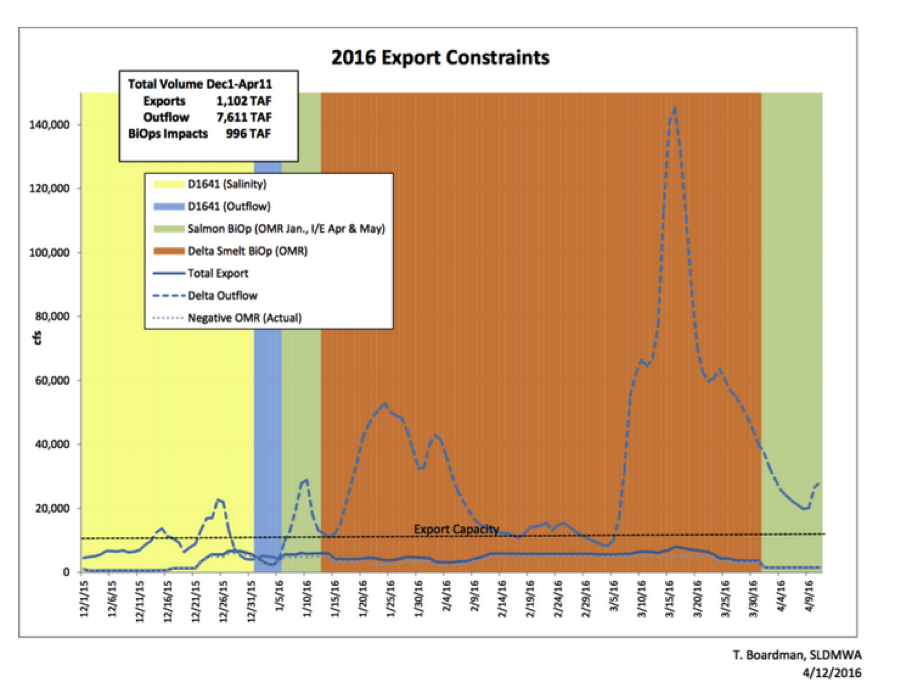Let’s just get right to it. Appearing in yesterday’s Sacramento Bee, is an editorial titled, “GOP should drop effort to gut Endangered Species Act.” And like past editorials on this topic, the misrepresentation is as blatant as the Kern River is dry — and both are damaging for our state.
This “effort” the editorial board refers to is just the latest in numerous efforts from the House to get the Senate to act on California water. When Republicans regained the majority in the House, we passed legislation each Congress to address California’s water crisis. Last year my House colleagues and I spent hundreds of hours negotiating with Democrats, only to have our Senators fail to show the leadership and courage our state needs to say “yes” to commonsense reforms. So whether or not the Sacramento Bee sees Senator Feinstein’s latest proposal as “thoughtful,” it does little to move us closer to a resolution.
We cannot mistake motion for action. My colleagues and I are ready to go to conference to find a solution — Californians have made it pretty clear they want action. Using the appropriations process is our best course of action.
Moreover, defenders of the status quo continue to push the inaccurate claim that our effort will “gut” the Endangered Species Act. In reality, our language calls for the Bureau of Reclamation (the Federal agency that operates the pumps) to pump at the maximum rate within the biological opinion parameters (-5,000 cfs at Old and Middle River). Here’s the language in our legislation:
“The Secretary of the Interior shall … manage export pumping rates to achieve a reverse OMR flow rate of -5,000 cubic feet per second unless existing information or that developed by the Secretary of the Interior under paragraphs (3) and (4) leads the Secretary to reasonably conclude, using the best scientific and commercial data available, that a less negative OMR flow rate is necessary to avoid a significant negative impact on the long-term survival of the species covered by the smelt biological opinion or salmonid biological opinion.”
Another provision of our proposal allows Reclamation to pump at higher rates to capture El Nino-related storm water provided there are no adverse impacts to protected fish, again using the best science.
This language includes something that I would think all Californians would champion: the best scientific and commercial data available. Instead, the defenders of the status quo point to doomsday scenarios of ecosystem destruction.

Just a month ago the Delta outflow was over 100,000 cubic feet per second while regulatory policies limited our ability to pump only -5,000 cubic feet per second. The irreversible damage done? Three adult Delta smelt have been killed and no larval/juvenile smelt have been killed this year. With all the protections for fish in our language, one must wonder if the editorial board simply chooses to hide behind the Endangered Species Act, rather than forcefully defend why it makes sense to continue to arbitrarily cut off water to their fellow Californians who live and work in the two-thirds of our state that is south of Sacramento.
Communities, like in East Porterville, continue to have NO water. It should be commonsense to put the well-being of families ahead of perceived threats to fish. More pumping is something that Senator Feinstein has acknowledged is needed. Instead of mistaking this legislation as a “potshot,” it should instead be highlighted that this is a hopeful development that the House and Senate can reach agreement on California water.
Make no mistake, my House colleagues and I remain unflinching in our resolve to fix this issue for our state, communities, and constituents. We will continue to use every legislative opportunity available to do so.
Cross-posted on Medium.

